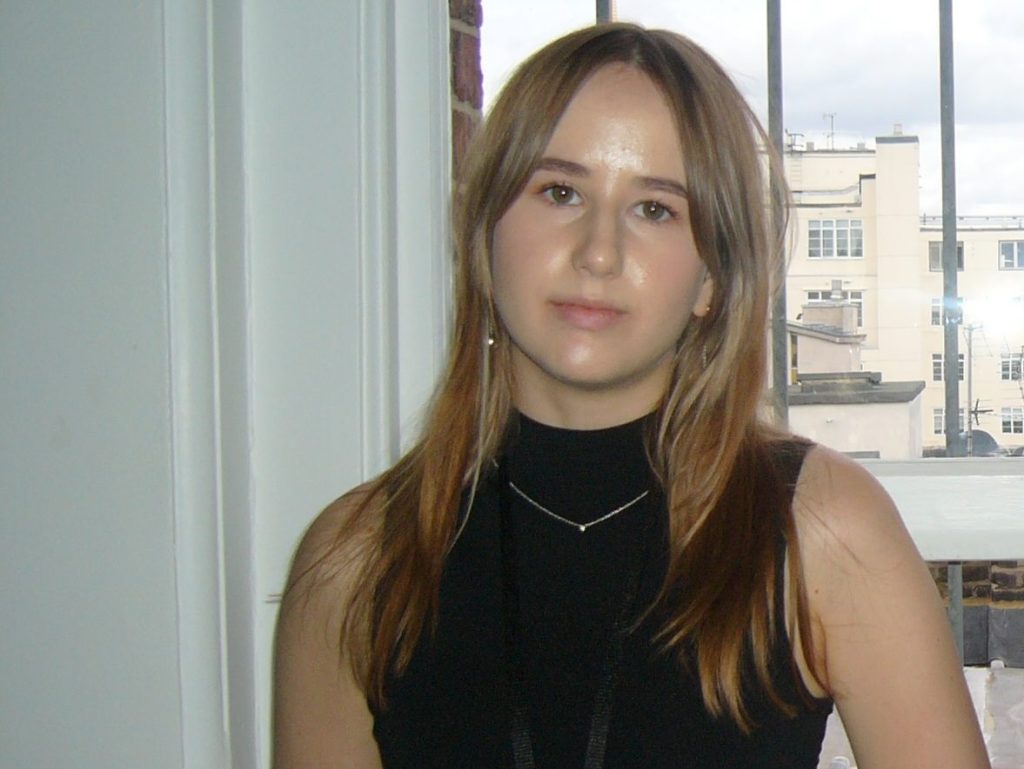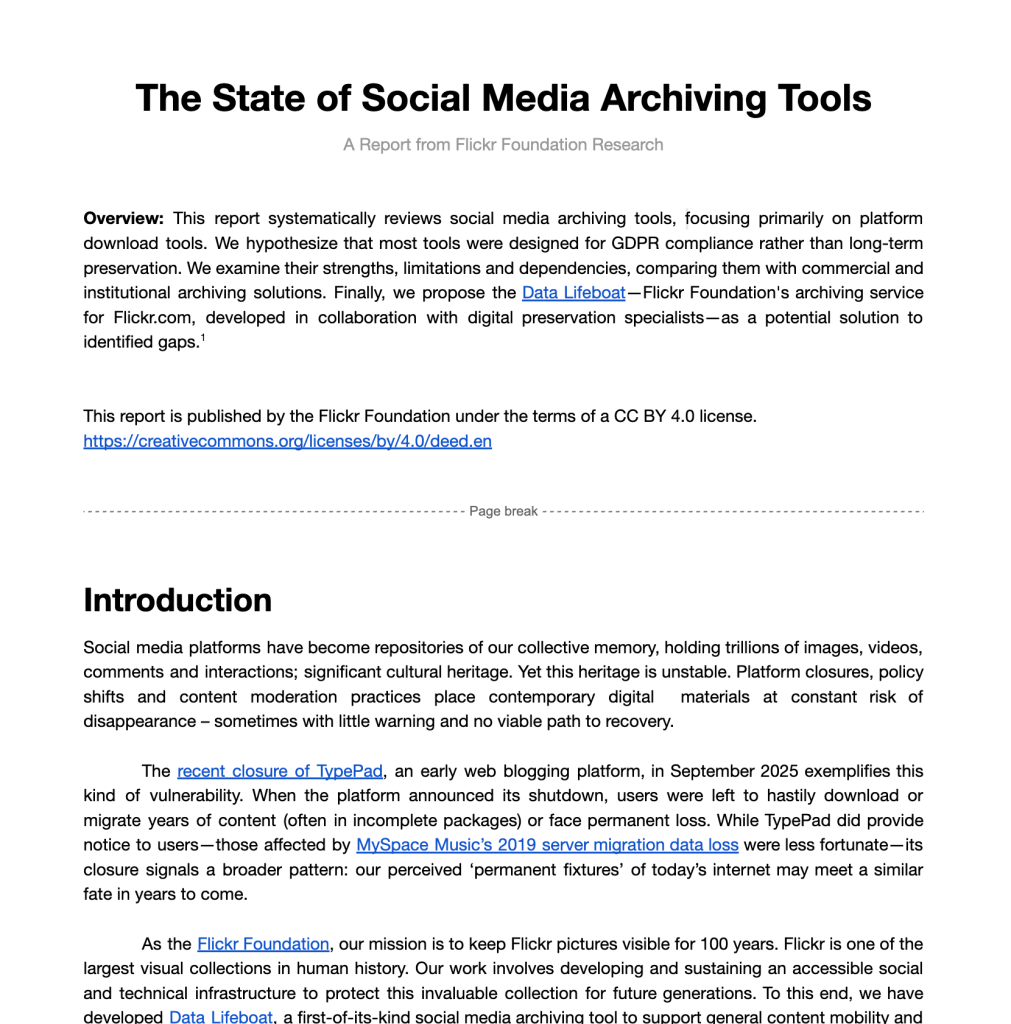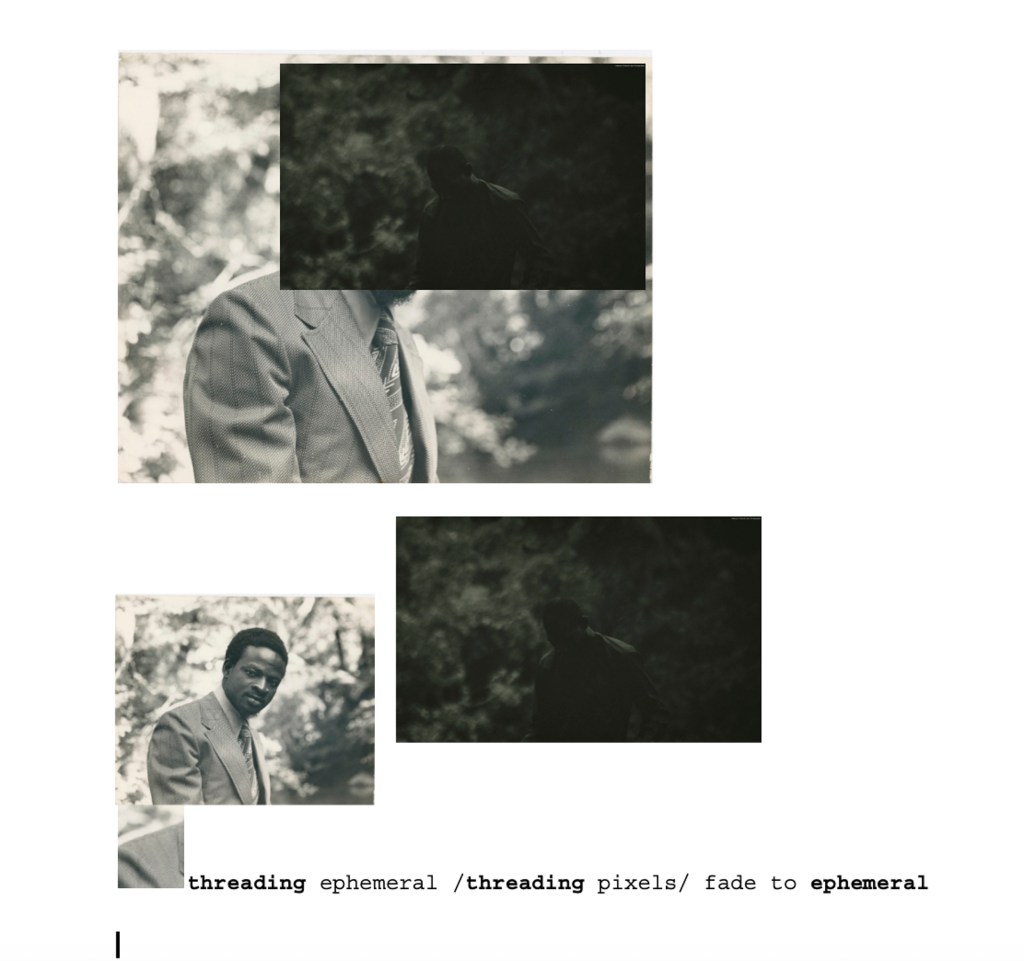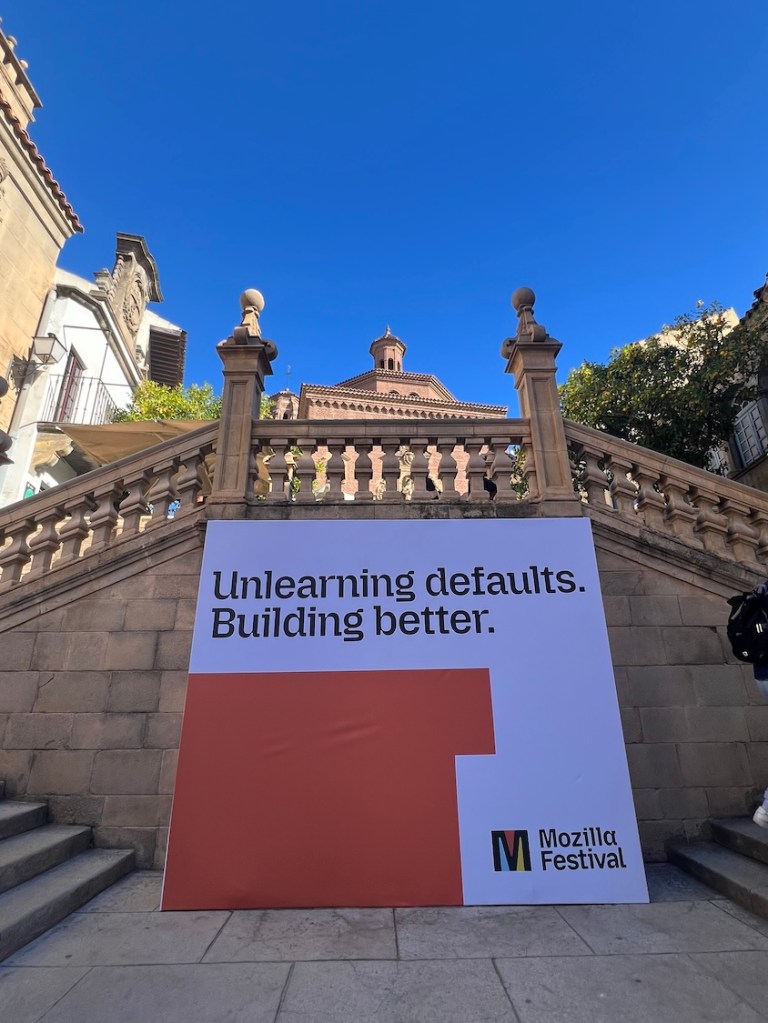Anna joins us from University College London and the Victoria & Albert Museum where she is writing her PhD on technological obsolescence in computer-based media. She’ll be supporting us with Data Lifeboat research and its institutional applications.

Hello to the Wider Web! I am excited to be joining the Flickr Foundation as part of a part-time research placement funded by the Arts & Humanities Research Council (AHRC)*. I am currently doing a collaborative PhD between University College London (UCL) and the Victoria & Albert Museum (V&A), so this placement is an opportunity for me to develop research in a different context while doing something that I really love: memory work.
I use this phrase to define any work that contributes to the formation of collective memory or parts of culture that will be remembered for years to come. I purposefully define this as memory rather than heritage, as I find that heritage speaks primarily to the institutional form of memory. And although I come from an institution, I have always found community-led archiving and conservation most fascinating, and therefore important to include in this discourse.
My PhD research focuses specifically on the conservation of software-based art and design objects from the V&A’s collection. I am a practicing media conservator as well, focusing on software- and computer-based media. My memory work thus far has therefore been mainly object-based. I have been looking after specific objects in the collection that match my expertise, which can include elements such as interactive software, computers and monitors, assessing their condition and treating them so they can be accessed for research, displayed at an exhibition or just generally enjoyed in perpetuity. This means keeping software and hardware functional through maintenance and repair, balancing any intervention with conservation ethics at all times.
Given that I come from an institutional background and usually work with individual objects, I am particularly excited about working on a different scale at the Flickr Foundation. In my research and practice I have continuously circled back to the question of infrastructure. I am committed to the idea that institutions need to be more active in building relationships with actors whose tools and other forms of infrastructure support digital preservation and conservation efforts, for their own and collective benefit.
For example, as part of my PhD research I have been using virtualisation to facilitate access to one of the mobile apps from the V&A’s collection. Virtualisation is a computing technique that allows software to be run on virtual hardware, in this case the mobile app can be accessed on a regular PC rather than a mobile phone, opening up opportunities for reading room-type displays and future conservation as the repairability of a PC is far greater than a phone. The tools which I found to work best for the purposes of virtualisation came out of the official Android Software Development Kit (SDK). This SDK is, first and foremost, provided by Google for the developers of Android apps, and not for the very niche use-case of providing access to a museum object. When the best tools come out of commercial contexts where licensing is rarely straightforward, officially implementing them presents risks that not all institutions are willing (or able) to take. This isn’t a criticism—it’s a call to action. Preserving our digital heritage demands that we all get involved. I have been developing some of these ideas in published research such as Responding to Obsolescence in Flash-based Net Art in the Journal of the Institute of Conservation (2022) and Peer-to-Peer: Toward the Collective Conservation of Net Art in the Electronic Media Review (2022), so please do check these publications out if you are interested.
My placement will coincide with the next stages of the Data Lifeboat project, namely developing the Safe Harbor Network. I am keen to bring in some of my institutional background to think about how this network might interface with institutions with their own established modes of preservation, in both operational and ontological terms. My interest was piqued by one of the questions the Foundation raised in its White Paper on the first stage of Data Lifeboat development, namely whether any changes and/or deletions in archived content can and should be reflected in the Data Lifeboats themselves. Perhaps there might be some overlap in all of these interests, particularly as implementing any versioning capacity might even challenge existing institutional infrastructures, be that technical or legal.
If you’d like to find out more about my background and research at UCL, please feel free to access my institutional profile page, where you can also find my contact details.
*The Arts & Humanities Research Council is one of the seven research councils forming UK Research and Innovation (UKRI). This particular placement was made possible thanks to the London Arts & Humanities Partnership.



